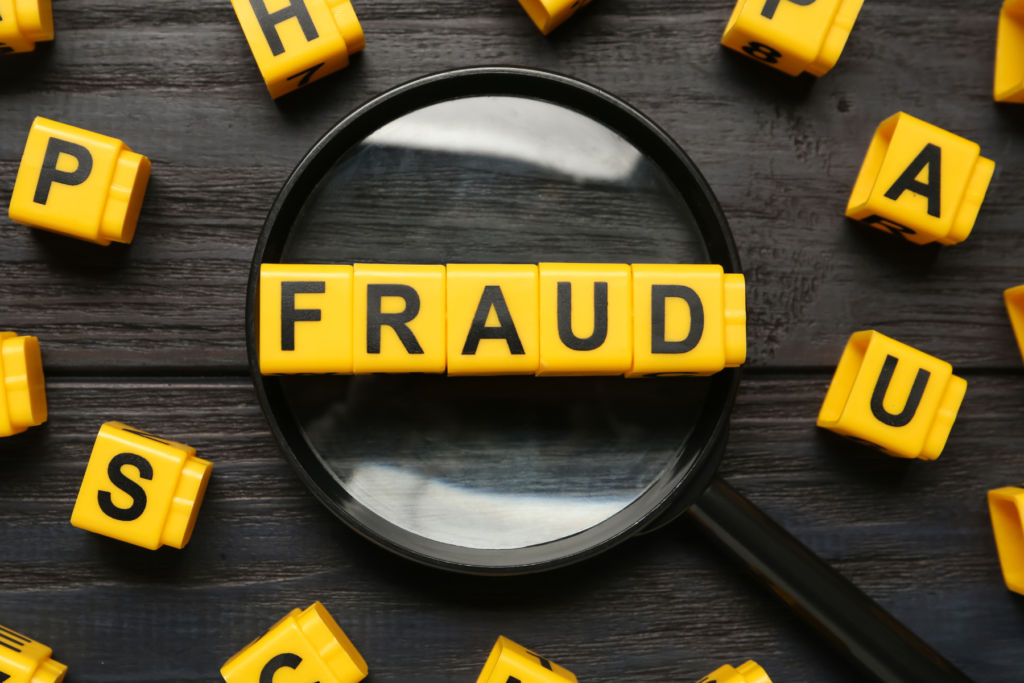Businesses often rely on marketing agencies to build their brands, reach target audiences, and achieve business goals. However, not all marketing agencies operate with integrity. Fraudulent agencies can drain your resources, damage your reputation, and deliver little to no return on investment. To safeguard your business from such entities, it’s crucial to recognize red flags and follow best practices.
Here’s a comprehensive guide on how to avoid fraudulent marketing agencies.
How to Stay Away from Fraudulent Marketing Agencies
In today’s digital age, businesses often rely on marketing agencies to build their brands, reach target audiences, and achieve business goals. However, not all marketing agencies operate with integrity. Fraudulent agencies can drain your resources, damage your reputation, and deliver little to no return on investment. To safeguard your business from such entities, it’s crucial to recognize red flags and follow best practices.
Here’s a comprehensive guide on how to avoid fraudulent marketing agencies.
1. Understand the Red Flags
Fraudulent marketing agencies often share common characteristics. Be alert for the following signs:
a. Unrealistic Promises
Promises of instant success, guaranteed top search engine rankings, or immediate sales spikes are often too good to be true. Ethical marketing is a long-term process that involves strategy, effort, and adaptability.
b. Lack of Transparency
A reputable agency will provide a detailed plan, clear pricing, and regular updates on campaign progress. If an agency is vague about its methods or refuses to disclose how they achieve results, it may be hiding unethical practices.
c. No Proven Track Record
Fraudulent agencies often lack credible testimonials, case studies, or a portfolio of past clients. They may also provide fake or unverifiable references.
d. High-Pressure Sales Tactics
Beware of agencies that push you to sign up immediately without giving you time to review the agreement or clarify doubts.
e. Overemphasis on Vanity Metrics
Metrics like “likes,” “follows,” and “views” might look good on paper but do not necessarily translate to real business results. Fraudulent agencies often highlight these to mask a lack of substantive outcomes.
2. Conduct Thorough Research
Due diligence can help you differentiate legitimate agencies from scams:
a. Check Reviews and Testimonials
Look for genuine reviews on independent platforms like Google, Trustpilot, or Clutch. Be wary of overly positive reviews that sound generic or staged.
b. Verify Certifications
Legitimate marketing agencies often hold certifications from platforms like Google, Facebook, or HubSpot. These credentials demonstrate expertise and adherence to industry standards.
c. Analyze Their Online Presence
A reputable agency will maintain a professional website, active social media profiles, and a consistent online footprint. Scrutinize their content for quality and relevance.
d. Ask for Case Studies
Request specific examples of past campaigns, including strategies implemented, results achieved, and lessons learned.
3. Ask the Right Questions
When interviewing potential marketing agencies, ask:
- What strategies do you plan to use for my business? Legitimate agencies will tailor their approach based on your specific needs and goals.
- How do you measure success? Look for an emphasis on tangible metrics like lead generation, conversion rates, or revenue growth.
- Who will be managing my account? Confirm whether experienced professionals or junior staff will handle your campaign.
- What tools do you use? Reputable agencies use established tools for analytics, project management, and ad tracking.
4. Trust Contracts and Agreements
A written agreement protects your interests. Before signing:
- Read Terms Carefully: Ensure the contract outlines deliverables, timelines, payment terms, and cancellation policies.
- Avoid Long Commitments: If you’re unsure about an agency, start with a short-term contract or a smaller project to evaluate their performance.
- Check for Hidden Fees: Clarify all costs upfront to avoid unexpected expenses.
5. Monitor Performance
Even after hiring an agency, maintain oversight to ensure your investment is worthwhile:
- Request Regular Reports: Legitimate agencies provide detailed reports on campaign progress and performance metrics.
- Evaluate Results: Compare the agency’s output with your business goals. If they consistently fail to meet targets, investigate further.
- Stay Involved: Regular communication ensures you’re aware of the strategies being implemented and any challenges faced.
6. Seek Recommendations
Referrals from trusted peers or industry connections can lead you to reliable agencies. Networking and attending professional events can also provide insights into trustworthy service providers.
7. Trust Your Instincts
Finally, if something feels off about an agency—whether it’s their communication style, claims, or approach—don’t ignore your instincts. It’s better to walk away than risk your business resources.
Conclusion
Avoiding fraudulent marketing agencies requires vigilance, research, and an understanding of ethical marketing practices. By recognizing warning signs, asking the right questions, and monitoring results, you can protect your business from scams and build a partnership with a legitimate, results-driven marketing agency. Remember, investing time in finding the right agency upfront can save you significant costs and headaches
